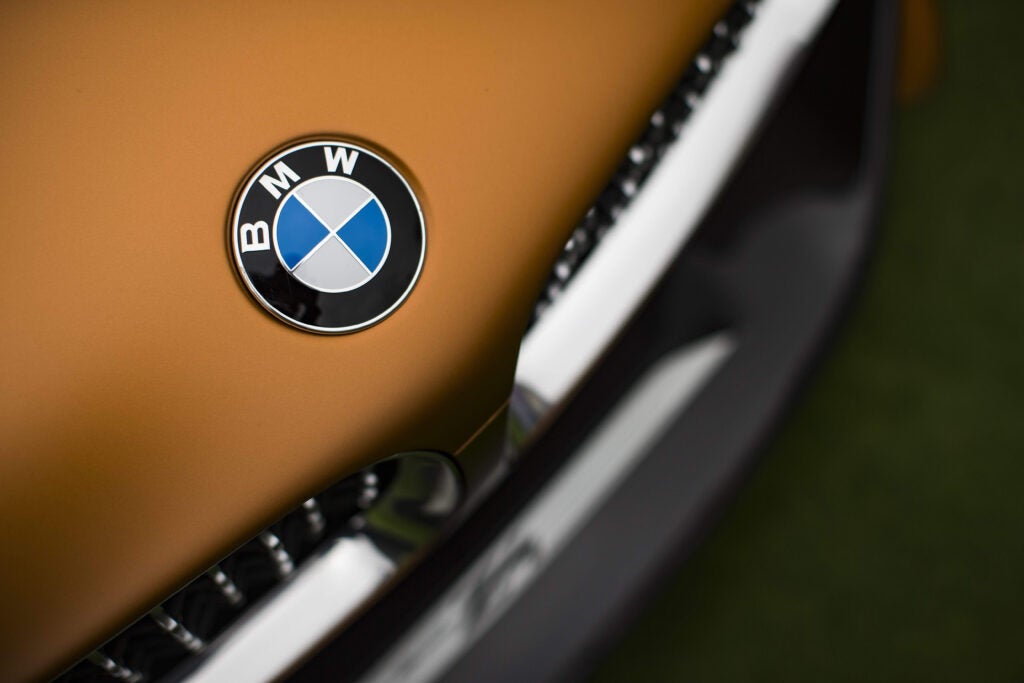The NACFB annual survey shows a big rise in the value of vehicle finance deals over the last 12 months. Our brokers report an increase in vehicle finance funding from £835m to £1.24bn, an increase of about 50% on 2014’s figures.
According to the Society of Motor Manufacturers and Traders, June 2015 was the fortieth month of year-on-year registration growth in a row, with new car registrations rising 12.9% in that month. New car registrations were up 7% for the first half of 2015 to 1,376,889, marginally beating the previous high water mark of 1,376,565 recorded in the first half of 2004. But the biggest story perhaps comes from alternative fuel cars (a phrase which includes hybrids), with June 2015 seeing 70.9% year-on-year growth.
It’s new territory for many vehicle finance brokers, who are now having to assess a differently-weighted set of criteria when considering the best funding option. For instance, the current Vehicle Excise Duty regime (VED) serves as a short-term incentive to buy low-emissions (or zero-emissions) vehicles. But it’s only for the first year of a vehicle’s life that you get a direct financial incentive for buying a low-carbon model, following a scale that ranges from zero pounds for a zero-emissions vehicle through to £2,000 for a car rated above 255g/km.
Thereafter the vehicle owner has to pay a flat rate of £140 for each successive year. This rule is likely to make used low-emissions cars relatively less attractive than new ones.
Diesel cars can be cheaper to run, but local authorities have something against diesel cars. For example, diesel-owning residents of Islington pay £1.85 a week for on-street parking permits to "protect residents from the health risks associated with diesel emissions". The same council charges just £15.90 a year for a car that has CO2g/km of 101 to 110, whereas for a car in Band G with CO2g/km of 151 to 165 it charges £123.90 – and that covers mostly diesels.
Changing politics
How well do you really know your competitors?
Access the most comprehensive Company Profiles on the market, powered by GlobalData. Save hours of research. Gain competitive edge.

Thank you!
Your download email will arrive shortly
Not ready to buy yet? Download a free sample
We are confident about the unique quality of our Company Profiles. However, we want you to make the most beneficial decision for your business, so we offer a free sample that you can download by submitting the below form
By GlobalDataThis changing of political minds mitigates against long-term thinking. When governments think that diesel is ‘better’ or ‘worse’ than petrol, they stack the cards accordingly, which is why continental Europeans have historically liked diesels so much – because their governments did too. Britain’s car industry has said that diesel is being targeted unfairly, but if your business is selling diesel vehicles then you would say that, wouldn’t you. They say the fuel is ‘more efficient’ than petrol, meaning CO2 emissions are lower. And independent voice Which? magazine concluded that a petrol engine remains the better choice for a car or van covering less than 11,000 miles a year, which suggests commercial vehicles should still be diesel.
But what about those zero-emissions commercial vehicles that are slowly making inroads into the cities?
Local authorities are quick to make easy concessions to help electric cars, but the infrastructure isn’t quite there.
There are about 9,000 electric charging points in the UK – very approximately the same number as petrol stations – which sounds great until you realize that each petrol station can serve approximately 100 times as many users in a day per pump, and of course they tend to have more than one pump while the electric charging points are scattered among a more modest 3,400 locations in the UK, so you’re probably three times further away from one at any given time. Your view may be that the figures don’t add up yet.
But your client may think differently. Electric cars are seen as perfect city transport where the ability to run 600 miles between stops isn’t important.
Battery lifespans were seen as a weakness of the technology until fairly recently, but there’s now a good deal of accumulated evidence showing 200,000-mile Priuses and 300,000-mile Fords still pretty fresh.
And finally there’s the gut feel factor – that your client may simply want to buy into a different way of doing things. Zero VED and written-off congestion charges might just be the icing on a cake they were going to eat anyway.
Adam Tyler is chief executive officer of the National Association of Commercia Finance Brokers







